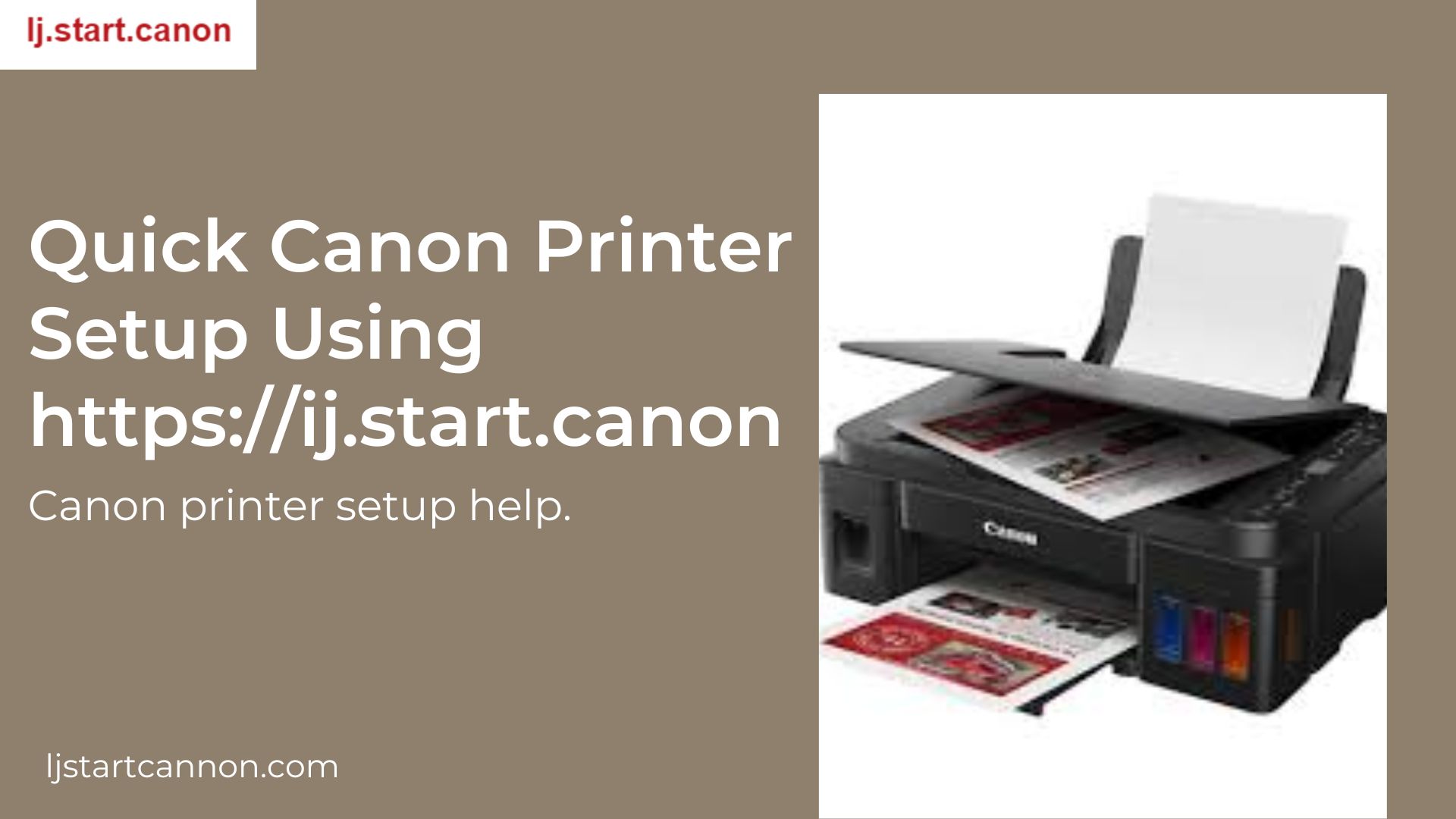In today’s digital era, having a well-designed travel agency website is crucial for attracting customers and expanding your business. Whether you’re just starting out or already established, your website should offer a seamless user experience, highlight your services, and inspire visitors to book their next trip with you. Here are the key features every travel agency website should have:
1. Intuitive Design and Easy Navigation
A great travel website should be visually appealing and easy to navigate. Visitors should be able to quickly find what they need—whether it’s booking a trip, browsing available packages, or learning about destinations. A well-organized layout, clear menus, and an intuitive interface make all the difference in providing a smooth user experience.
2. Mobile-Friendly Experience
With more travelers using smartphones to research and book trips, your website must be fully responsive. A mobile-friendly design ensures that users can access your services easily from any device, adapting seamlessly to different screen sizes for a hassle-free experience.
3. Stunning Visuals and Engaging Videos
Travel is all about experiences, and high-quality images and videos can make all the difference. Showcasing breathtaking destinations, luxurious hotels, and exciting attractions through photos and videos can inspire potential travelers. Virtual tours and video testimonials from happy customers can also build trust and encourage bookings.
4. Simple and Efficient Booking System
A travel agency website must feature a straightforward and efficient booking system. Customers should be able to book flights, accommodations, and tour packages with just a few clicks. Integrating a calendar for availability checks and streamlining the checkout process will enhance the booking experience.
5. Advanced Search and Filter Options
A powerful search function allows users to find exactly what they’re looking for quickly. Filters based on destination, budget, travel dates, and preferences help customers refine their choices and select the best option for their needs.
6. SEO and Digital Marketing Integration
To attract more visitors, your website should be optimized for search engines. This involves using relevant keywords, creating high-quality content, and ensuring fast loading times. Additionally, incorporating digital marketing strategies—such as social media integration, email marketing, and paid advertising—can further boost visibility and increase bookings.
7. Secure Payment Processing
Online security is a top priority. Your website should support multiple payment options, including credit/debit cards, digital wallets, and even cryptocurrencies. Secure payment gateways with SSL encryption protect customer data and build trust.
8. Customer Reviews and Testimonials
Travelers rely on recommendations from others when making booking decisions. Featuring real customer reviews and testimonials on your website can enhance credibility. Adding video testimonials and social media mentions can also strengthen your brand’s reputation.
9. Live Chat and Customer Support
Instant communication is essential for travelers who may have urgent questions. Live chat support or AI-powered chatbots can provide real-time assistance, guiding users through the booking process and answering inquiries efficiently.
10. Informative Travel Guides and Blog Section
A blog with travel guides, tips, and destination highlights can make your website more engaging while improving SEO. Regularly updated content keeps visitors coming back for inspiration and valuable travel insights.
11. Social Media Integration
Social media plays a crucial role in the travel industry. Integrating your website with platforms like Instagram, Facebook, and Twitter allows users to share their experiences and engage with your brand. Showcasing user-generated content and travel stories can further boost engagement and credibility.
12. Multilingual and Currency Converter Options
For international travelers, offering multiple language options and currency converters enhances the user experience. This feature allows visitors to browse in their preferred language and view prices in their local currency, making the booking process more convenient.
13. Special Offers and Discount Section
Everyone loves a good deal! A dedicated section for special promotions, last-minute deals, and seasonal discounts can encourage potential customers to take action and book their trips sooner.
14. Email Newsletter Subscription
An email subscription option helps you keep potential customers informed about new travel packages, exclusive discounts, and helpful travel tips. Email marketing is an effective way to nurture leads and encourage repeat bookings.
15. Interactive Maps
Adding an interactive map feature allows users to explore destinations visually. Marking key attractions, hotels, and tour routes makes it easier for travelers to plan their itineraries with confidence.
Conclusion
A travel agency website should be more than just an online brochure—it should serve as an interactive hub that makes travel planning easy, exciting, and enjoyable. By combining excellent website design with strong digital marketing strategies, you can create a platform that attracts visitors, engages them, and ultimately converts them into loyal customers. Investing in these must-have features will set your travel agency apart and position your business for long-term success in the competitive travel industry.



